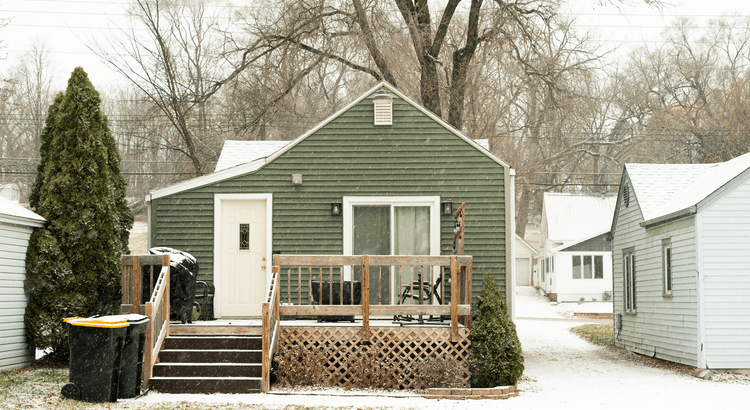Study: College Debt Delays Home Ownership
Student loan debt can negatively affect the ability and willingness of people to buy a home in the years after they leave college, according to new research by Federal Reserve Board economists.
For every 10 percent increase in student debt among people in the five years after they leave school, the probability of taking on a mortgage goes down by 1 percent, said Federal Reserve economist Daniel R. Ringo, who carried out the study with three other Fed economists.
To conduct the study, researchers used data from TransUnion, the U.S. Department of Education, and individual schools.
Their findings show that rising student debt levels are causing an entire sector of the population—people in their twenties and early thirties—to take longer to enter the housing market as a group than they would if they had less student debt, Ringo said.
Ringo described the research during a March 25 REALTOR® University Speaker Series session at NAR in Washington.
He said that multiple factors related to student loan debt can be linked to whether people take on mortgages in the first years after they leave school.
Aside from the fact that debt can lower a person’s credit score, reduce their ability to save for a down payment, and cause their debt-to-income ratio to make them ineligible for a home loan, people who are already saddled with loan payments—and know what it feels like to owe money—might be averse to taking on the additional financial burden of buying a home, he said.
Read more: Where is Student Loan Debt the Worst?
A person with a substantial amount of student loan debt might say, “I’m just really uncomfortable with adding more debt to that … so I might want to wait [to buy a home] until I’ve paid down that loan,” says Ringo.
Ringo said he and his colleagues decided to examine the possible connection between education-related debt and home buying because the home ownership rate in the United States has declined markedly in the past decade while student loan debt has risen sharply.
Although a host of other factors could affect a person’s ability to take on a mortgage or interest in owning a home, the fact that the two indicators diverged caught the economists’ attention, he said. “This [was] enough to make us think that maybe there’s something going on here.”
—By REALTOR® Magazine


No comments:
Post a Comment